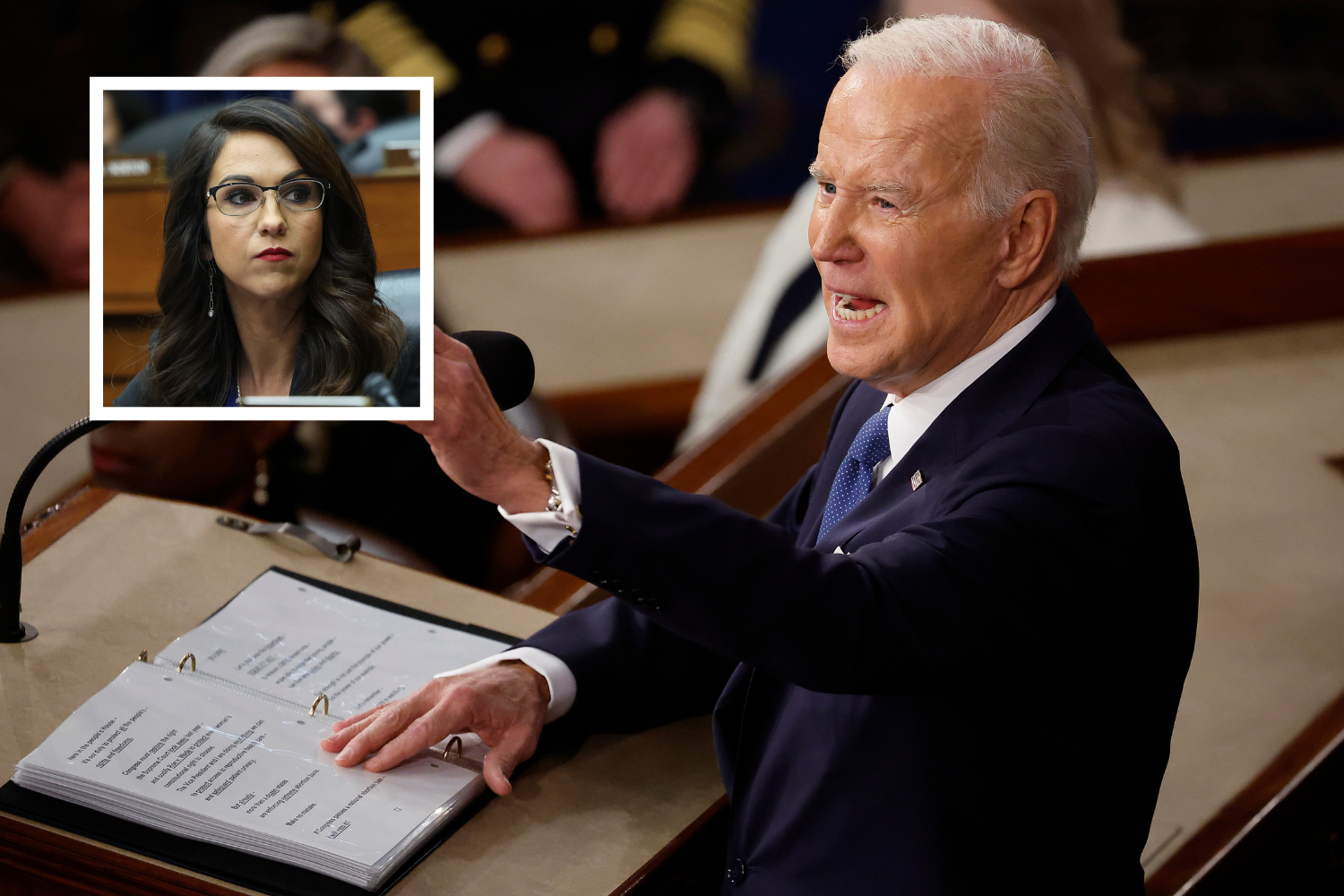Republicans have a long history of wanting to get rid of Social Security, since it's inception.
October 25 2022
It began as Congress was debating the Social Security Act of 1935. Republicans attacked the program with rhetoric as extreme as that of today’s right. Rep. James W. Wadsworth (R-NY), for example, said the bill would create “a power so vast, so powerful as to threaten the integrity of our institutions and to pull the pillars of the temple down upon the heads of our descendants.” Republican Daniel Reed of New York said, “The lash of the dictator will be felt.”
That “visceral and abiding dislike” remained. The GOP’s 1936 presidential candidate, Alf Landon, derided Social Security as “a fraud on the workingman” and “a cruel hoax.” The party’s 1940 presidential candidate, Wendell Willkie, warned voters that “you will never collect a dollar of your Social Security.”
The 1944 Republican Party platform attempted to paper over the party’s true feelings with language supporting many aspects of the New Deal, including Social Security, although the same platform “reject[ed] the theory of restoring prosperity through government spending and deficit financing.”
The GOP held its fire for the most part during the Eisenhower years, and its 1956 and 1960 platforms even boasted of adding people to Social Security’s rolls. But the party’s 1964 candidate, Barry Goldwater, had lumped social insurance programs like Social Security and Medicare into a phenomenon he called “Welfarism.”
Goldwater’s 1960 book, The Conscience of a Conservative, said these programs would give “unlimited political and economic power … as absolute … as any oriental despot” while turning each recipient “into a dependent animal creature.” Goldwater said programs like Social Security would erode personal freedom “later on—after its beneficiaries have become its victims, after dependence on government has turned into bondage and it is too late to unlock the jail.”
This war on Social Security has at times looked more like a covert operation. As president, Ronald Reagan even signed a compromise Social Security bill into law. But as a candidate in 1976, Reagan followed Goldwater’s lead by advocating partial privatization.
George W. Bush pushed aggressively for partial privatization. Gould, perhaps the country’s pre-eminent historian of the Republican Party, wrote in The Republicans that “a desire to remake Social Security was one of the few consistent policy priorities of … Bush’s public career.”
Bush’s attempt failed, partly because of what Gould describes as Bush’s “hyperpartisan” approach. It was also deeply unpopular. “The more the president talked about Social Security,” wrote Gould, “the more his poll numbers dropped. By the end of the year the Bush initiative was dead.”
October 25 2022
It began as Congress was debating the Social Security Act of 1935. Republicans attacked the program with rhetoric as extreme as that of today’s right. Rep. James W. Wadsworth (R-NY), for example, said the bill would create “a power so vast, so powerful as to threaten the integrity of our institutions and to pull the pillars of the temple down upon the heads of our descendants.” Republican Daniel Reed of New York said, “The lash of the dictator will be felt.”
That “visceral and abiding dislike” remained. The GOP’s 1936 presidential candidate, Alf Landon, derided Social Security as “a fraud on the workingman” and “a cruel hoax.” The party’s 1940 presidential candidate, Wendell Willkie, warned voters that “you will never collect a dollar of your Social Security.”
The 1944 Republican Party platform attempted to paper over the party’s true feelings with language supporting many aspects of the New Deal, including Social Security, although the same platform “reject[ed] the theory of restoring prosperity through government spending and deficit financing.”
The GOP held its fire for the most part during the Eisenhower years, and its 1956 and 1960 platforms even boasted of adding people to Social Security’s rolls. But the party’s 1964 candidate, Barry Goldwater, had lumped social insurance programs like Social Security and Medicare into a phenomenon he called “Welfarism.”
Goldwater’s 1960 book, The Conscience of a Conservative, said these programs would give “unlimited political and economic power … as absolute … as any oriental despot” while turning each recipient “into a dependent animal creature.” Goldwater said programs like Social Security would erode personal freedom “later on—after its beneficiaries have become its victims, after dependence on government has turned into bondage and it is too late to unlock the jail.”
This war on Social Security has at times looked more like a covert operation. As president, Ronald Reagan even signed a compromise Social Security bill into law. But as a candidate in 1976, Reagan followed Goldwater’s lead by advocating partial privatization.
George W. Bush pushed aggressively for partial privatization. Gould, perhaps the country’s pre-eminent historian of the Republican Party, wrote in The Republicans that “a desire to remake Social Security was one of the few consistent policy priorities of … Bush’s public career.”
Bush’s attempt failed, partly because of what Gould describes as Bush’s “hyperpartisan” approach. It was also deeply unpopular. “The more the president talked about Social Security,” wrote Gould, “the more his poll numbers dropped. By the end of the year the Bush initiative was dead.”
